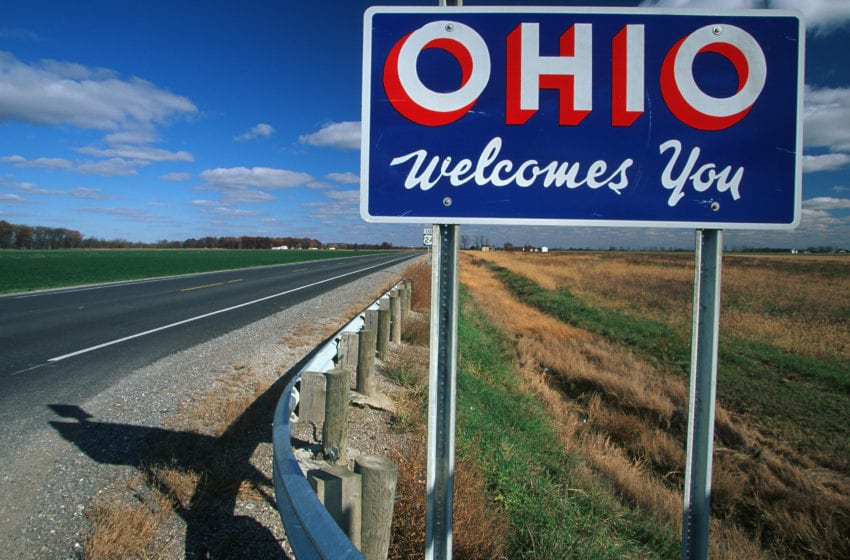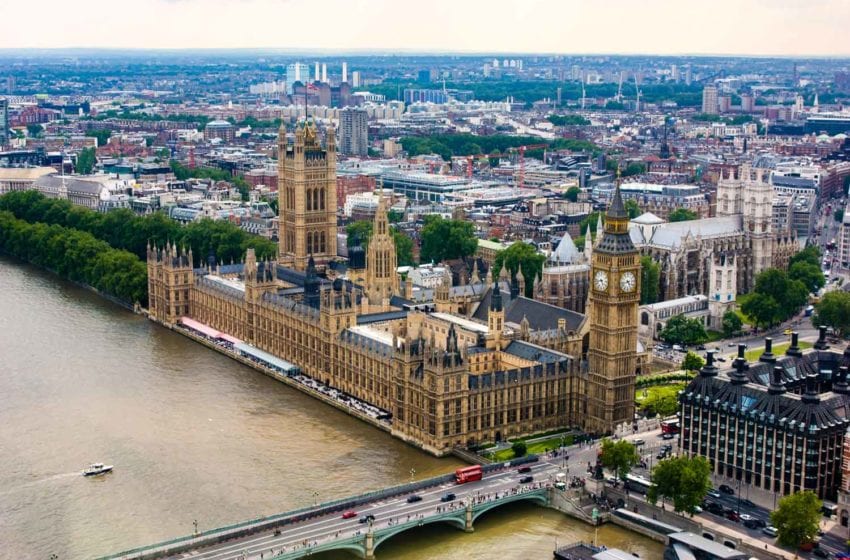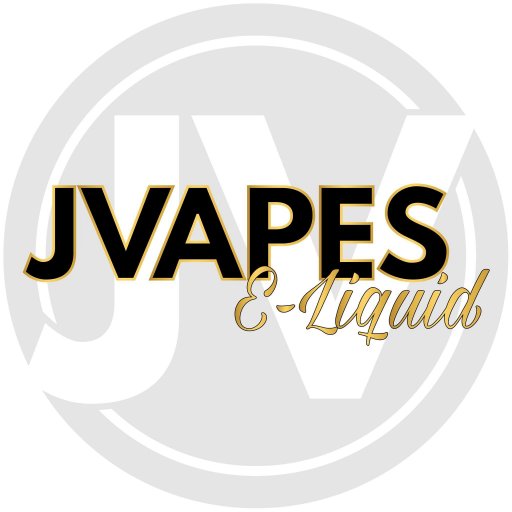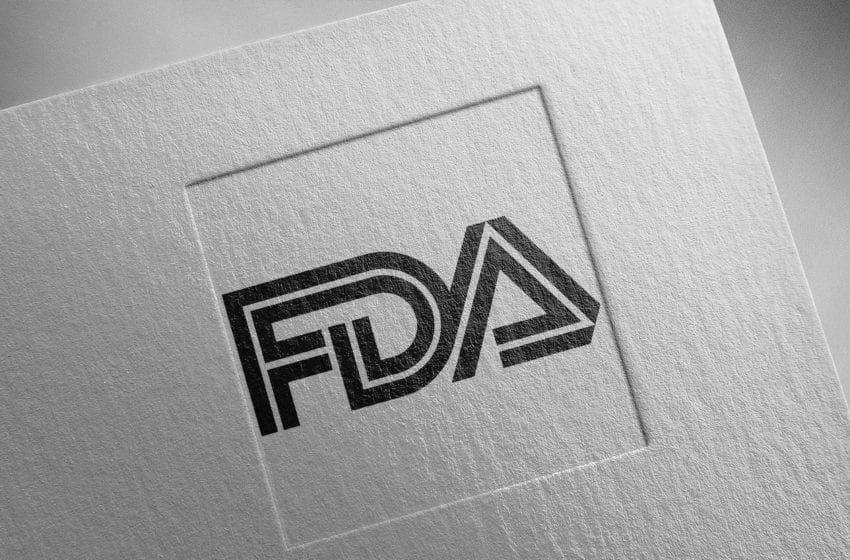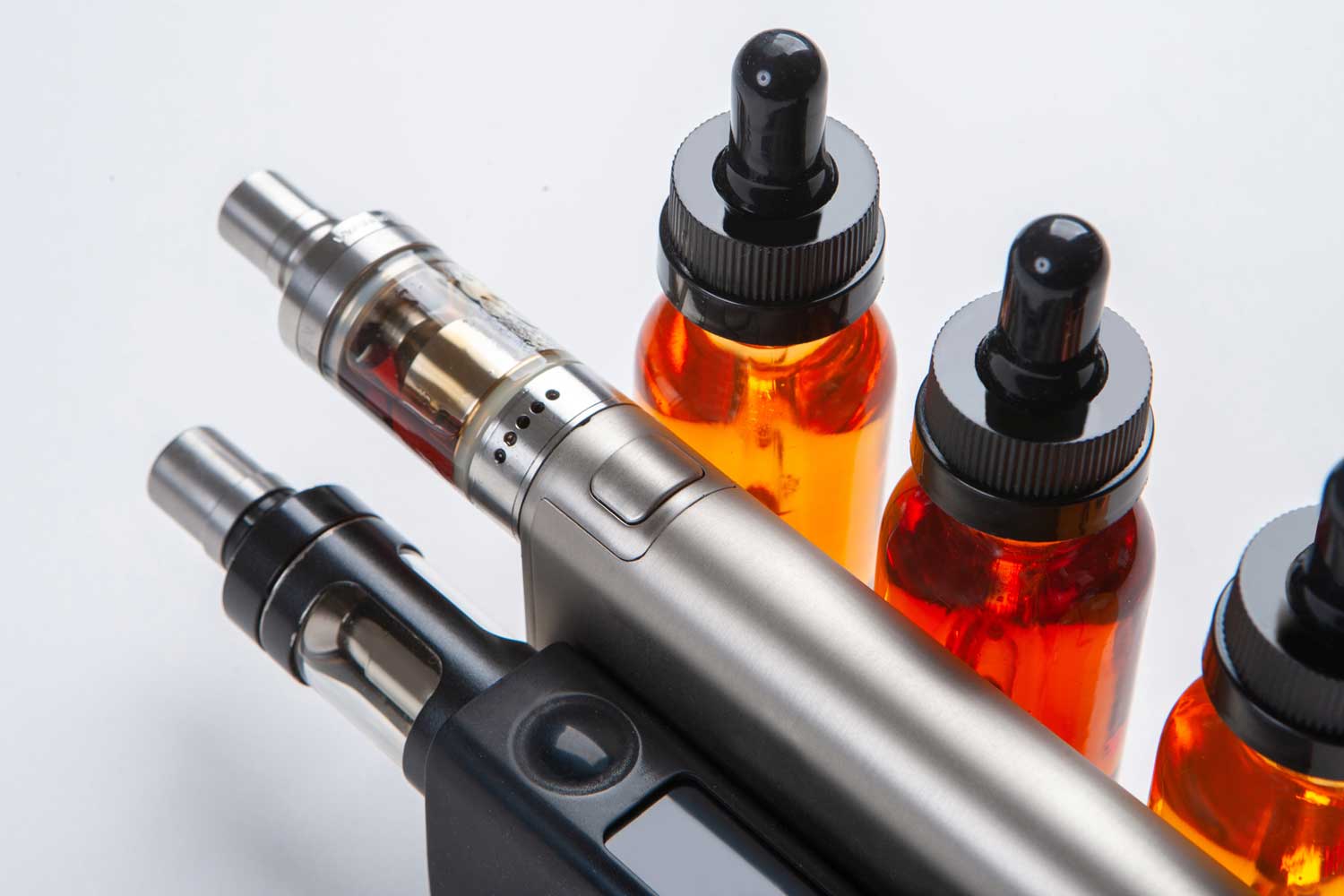
The U.S. Small Business Administration (SBA) has urged the Food and Drug Administration to allow nicotine products to remain on the market for another year while their premarket reviews are in progress, reports Vaping 360.
In a letter sent to the FDA on June 7, the SBA Office of Advocacy asked the agency to seek a court order extending for an additional year the current freeze on enforcement actions against small vape manufacturers who submitted Premarket Tobacco Applications (PMTAs) before last year’s Sept. 9 deadline.
In the current situation, manufacturers who submitted PMTAs on time may leave those products on the market until Sept. 9, 2021. The SBA advocacy office is asking the FDA to request that U.S. District Court Judge Paul Grimm allow the agency to extend the deadline until September 2022.
Considering the large volume of PMTAs submitted—the FDA says it received more than 6 million applications—It is unlikely that the agency will be able to process all submissions before manufacturers are required to pull their products off the market.
“Small ENDS manufacturers cannot afford to have their products pulled from store shelves while the FDA continues to review the timely submitted PMTAs for millions of ENDS products,” the SBA writes. “Most small ENDS manufacturers do not have the resources to absorb the losses from having their products pulled from the marketplace for several months or more. Once the FDA orders small ENDS manufacturers’ products removed from the market, those small businesses will close permanently.”
The letter also urges the FDA to end its current practice of processing PMTAs in order of manufacturer market share. By doing so, the FDA all but guarantees that small vaping companies will be unable to have their reviews completed in time to remain on the market, according to the SBA.
The SBA is a federal agency represents the views of small business to the various branches of government.


